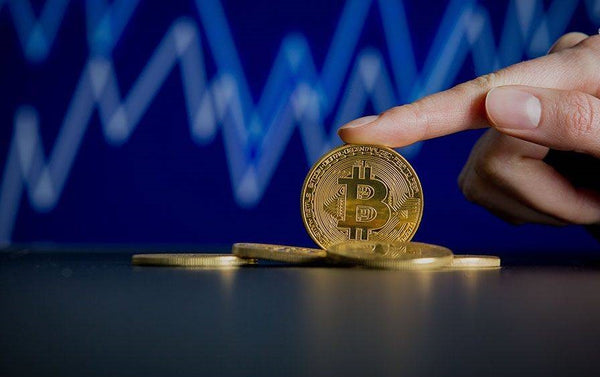The U.S. Secret Service has seized cryptocurrency worth more than $102 million in 254 fraud-related investigations.

"What crooks need to do is somewhat mess everything up and put forth attempts to jumble their exercises," said the associate head of the Secret Service's Office of Investigations. "What we need to do is to follow that as fast as possible, forcefully as we can, in a direct style."
US Secret Service Seizes Cryptocurrency Worth $102 Million
A senior leader with the U.S. Secret Service, David M. Smith, discussed digital money in a meeting with CNBC, distributed Tuesday.
Smith is a senior chief and specialist at present filling in as the 28th Assistant Director of the U.S. Secret Service Office of Investigations, where he drives the organization's worldwide insightful mission, involving 161 workplaces and north of 3,000 representatives.
The Secret Service is liable for recognizing, examining, and capturing any individual who disregards specific regulations connected with monetary frameworks. "Lately computerized resources have progressively been utilized to work with a developing scope of wrongdoings, including different misrepresentation plans and the utilization of ransomware," its site depicts.
Smith confessed to the media source that Secret Service specialists and investigators are effectively following the progression of bitcoin and other cryptographic forms of money on the blockchain, expounding: When you follow a computerized cash wallet, it's not quite the same as an email address that makes them relate identifiers.
"What's more, when an individual and someone else make an exchange, and that gets into the blockchain, we can follow that email address or wallet address, maybe, and follow it through the blockchain," the associate chief certified.
As indicated by measurements gathered by the organization, the Secret Service has held onto more than $102 million in digital currency beginning around 2015 from lawbreakers regarding 254 instances of extortion related examinations, the distribution conveyed.
That's what smith noticed "Something about digital currency is it moves cash at a quicker pace than the conventional configuration," focusing on that quick exchange speed makes crypto alluring to both American buyers and crooks. "What hoodlums need to do is somewhat mess everything up and put forth attempts to muddle their exercises," he noted. "What we need to do is to follow that as fast as possible, forcefully as we can, in a straight design."
The associate chief made sense of that once the Secret Service distinguishes a criminal behavior, it attempts to "dig somewhat more profound into those exchanges and take apart" them. Smith said:
You send me something terrible on an email, I realize there's some crime related with that email address, I can dismantle, find whatever goodies of data that you utilized when you at first signed in or pursued that email address.
Smith further shared that agents are observing an ever increasing number of criminals changing over taken BTC and other cryptographic forms of money into stablecoins. He thought: "Since, you know, the lawbreakers, they're people as well. They need to keep away from a portion of that market instability related with a portion of the significant coins."